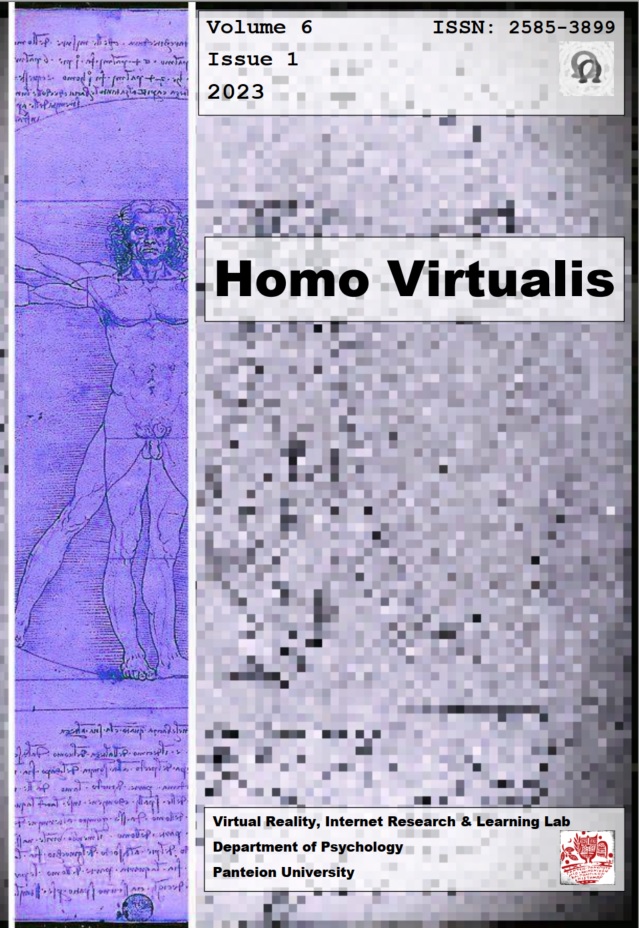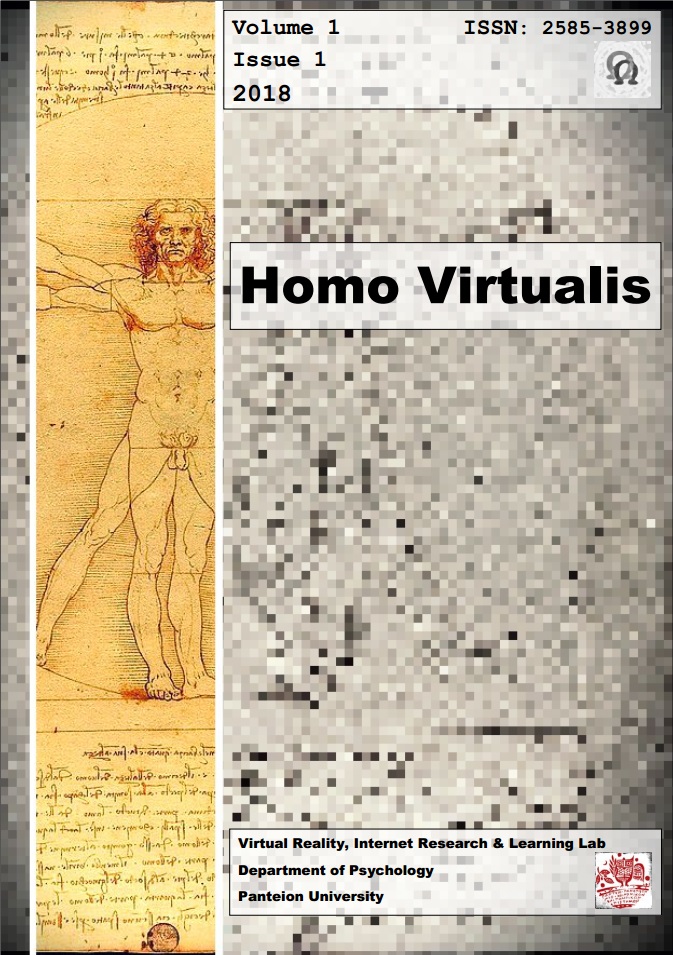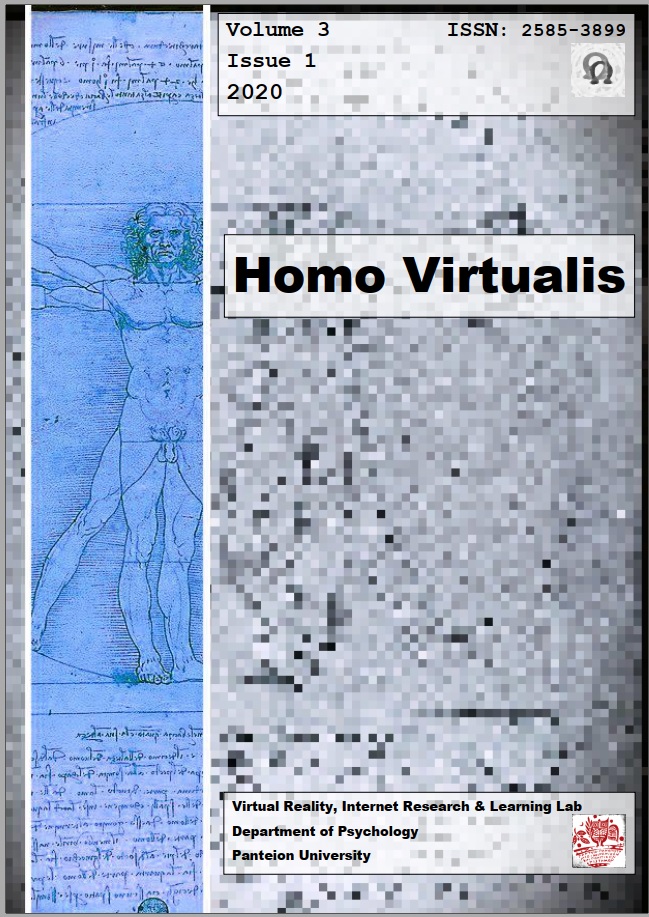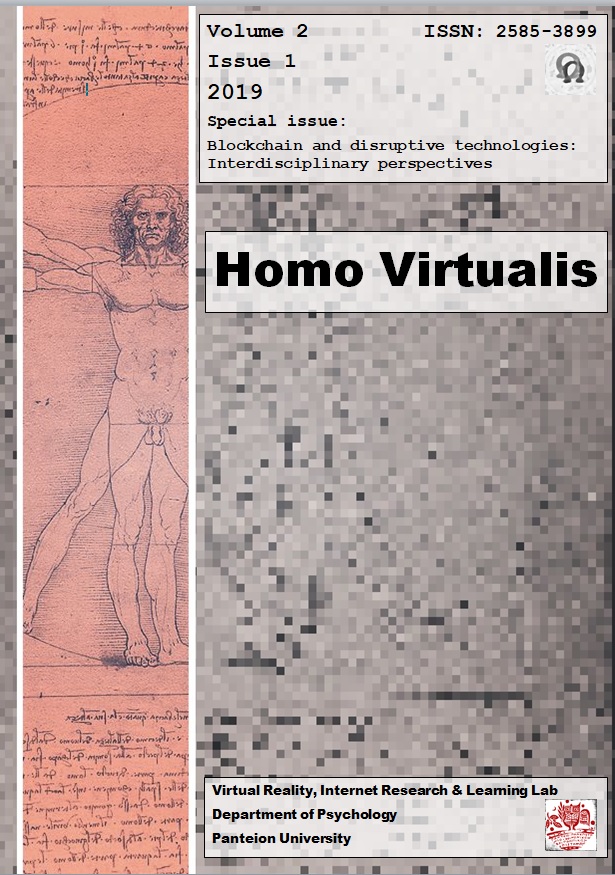Online counseling to Greek teachers: Advantages and disadvantages
Abstract
This study focuses on the online counseling experience of the participants. In the research participated 3 school psychologists, as counselors and 6 teachers, as clients. The main research questions are: what are the difficulties that teachers face at school? What are teacher’s perceptions about school psychologists and the perceptions of teachers and psychologists about online counseling before and after the experience of online sessions which held in an internet- based application that created for the purposes of the research? The research is qualitative. The method that was used for the analysis of the data is the Interpretative Phenomenological Analysis. The main findings of the research are summarized as follows: a) the participants regarded the online session as helpful and as an interesting approach, b) the advantages of the online session according to the participants were the anonymity, the flexibility, the ability to retain a history of the sessions. On the other hand, as disadvantages the participants reported dehumanization, confidentiality and security issues, absence of non-verbal cues, delayed communication due to typing, c) a pattern of ambivalence towards the school psychologist and the online school psychologist emerged by the participants teachers, d) also emerged a concern of the participants psychologists for the loss of control during the online sessions, e) finally, the participants psychologists reported feelings of anxiety due to the lack of training in online counseling.
Article Details
- Come citare
-
Skoti, P., & Koskinas, K. (2023). Online counseling to Greek teachers: Advantages and disadvantages. Homo Virtualis, 6(1), 19–47. https://doi.org/10.12681/homvir.35964
- Fascicolo
- V. 6 N. 1 (2023): Vol. 6 No. 1 (2023)
- Sezione
- Articles

TQuesto lavoro è fornito con la licenza Creative Commons Attribuzione 4.0 Internazionale.
Authors who publish with this journal agree to the following terms:
· Authors retain copyright and grant the journal right of first publication with the work simultaneously licensed under a Creative Commons Attribution License that allows others to share the work with an acknowledgement of the work's authorship and initial publication in this journal.
· Authors are able to enter into separate, additional contractual arrangements for the non-exclusive distribution of the journal's published version of the work (e.g. post it to an institutional repository or publish it in a book), with an acknowledgement of its initial publication in this journal.
· Authors are permitted and encouraged to post their work online (preferably in institutional repositories or on their website) prior to and during the submission process, as it can lead to productive exchanges, as well as earlier and greater citation of published work.






